Born in 1935, American singer and actor Elvis Aaron Presley, sometimes known mononymously as Elvis, made a lasting impression on the fields of music and entertainment.
Considered as the “King of Rock and Roll,” he is among the most powerful cultural person of the 20th century.
Audiences responded powerfully to Presley’s energetic renditions of songs and his bold performing style, which frequently challenged social mores.
Along with enormous success, his ability to combine several musical inspirations across racial boundaries during a turning point in history generated a lot of debate.
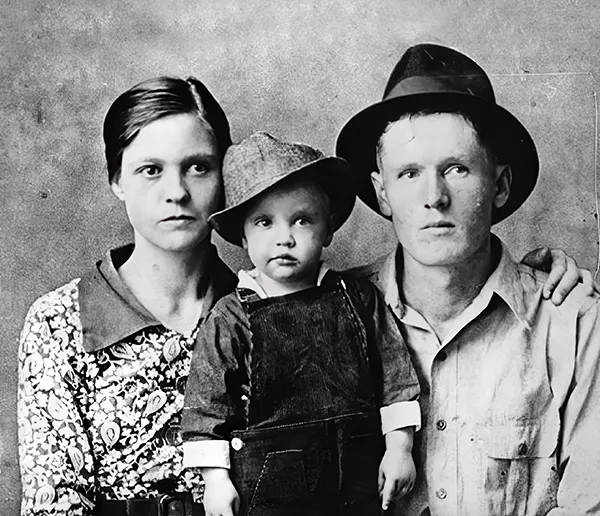
Born in Tupelo, Mississippi, Presley eventually relocated aged 13 to Memphis, Tennessee.
With producer Sam Phillips, who sought to expose African-American music to a larger audience, his music career got off steam at Sun Records in 1954.
Lead guitarist Scotty Moore and bassist Bill Black accompanied Presley as he invented rockabilly, a vibrant mix of country music and rhythm & blues. 1955 saw Drummer D. J. Fontana join in completing Presley’s iconic foursome.
Under a contract negotiated by Colonel Tom Parker, his manager for more than two decades, RCA Victor bought Presley’s contract.
Presley’s debut RCA Victor song, “Heartbreak Hotel,” which came out in January 1956, shot to top charts in the United States and sold 10 million copies in a year.
By means of effective television appearances and record sales, Presley became well-known as the face of the growing rock & roll movement.
Presley was criticised for his performative technique and for elevating African-American music, which was underprivileged at the time, although his fame. Many considered him as a threat to the moral standards of white American young people.

Presley debuted in film with Love Me Tender in November 1956. Following his 1958 military service draft, he started recording again in 1960 with some of his most successful output.
Presley nevertheless performed few concerts, concentrating most of the 1960s on Hollywood films and soundtrack albums—many of which were not popular with reviewers.
From this era, among his most well-known films were Viva Las Vegas (1964), Blue Hawaii (1961), and Jailhouse Rock (1957).

Following a seven-year break from live appearances, Presley returned to the stage in the NBC television special Elvis in 1968, much praised.
This marking the start of a protracted Las Vegas musical residency as well as a string of very successful tours.
Presley made history in 1973 when Aloha from Hawaii hosted the first solo artist concert to be televised internationally.
But years of poor dietary habits and prescription drug misuse deteriorated Presley’s health. At his Graceland estate in August 1977, at 42, he died suddenly.

With an estimated 500 million records sold worldwide, Presley ranks among the best-selling music artists in history.
His commercial success spanned multiple genres, including pop, country, rockabilly, rhythm & blues, adult contemporary, and gospel.
Throughout his career, Presley won three Grammy Awards, including the Grammy Lifetime Achievement Award at the age of 36.
He has been inducted into several music halls of fame and holds numerous records, such as the most RIAA-certified gold and platinum albums, the most albums charted on the Billboard 200, the most number-one albums by a solo artist on the UK Albums Chart, and the most number-one singles by any act on the UK Singles Chart.
In 2018, Presley was posthumously awarded the Presidential Medal of Freedom.
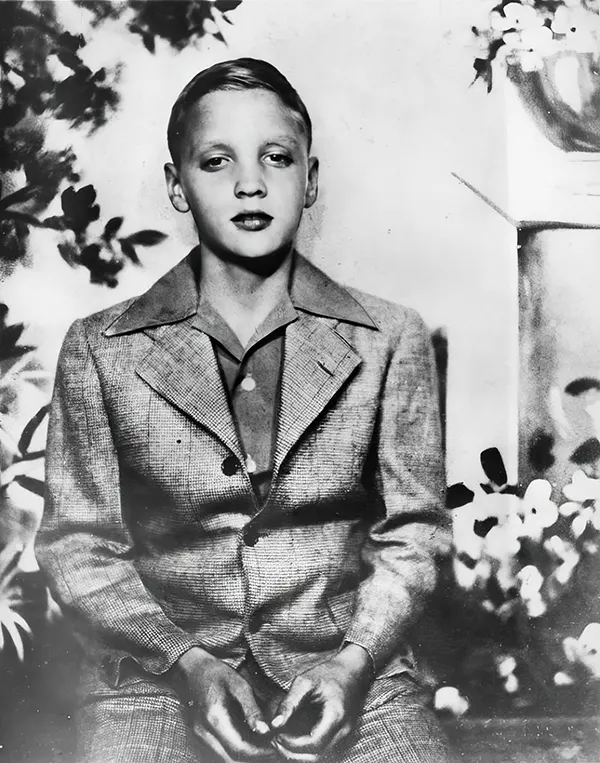
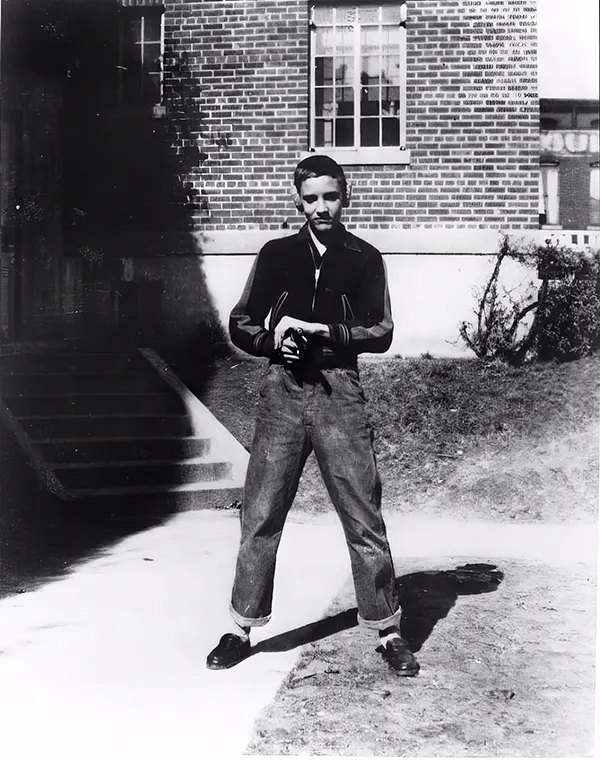
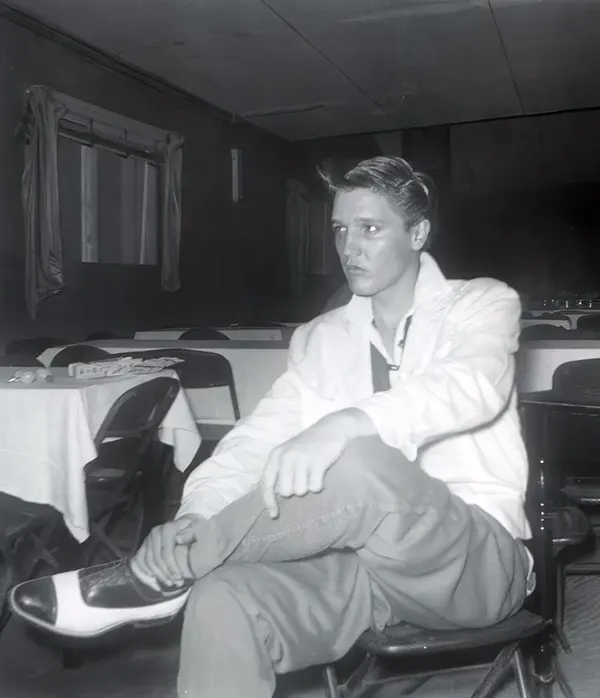
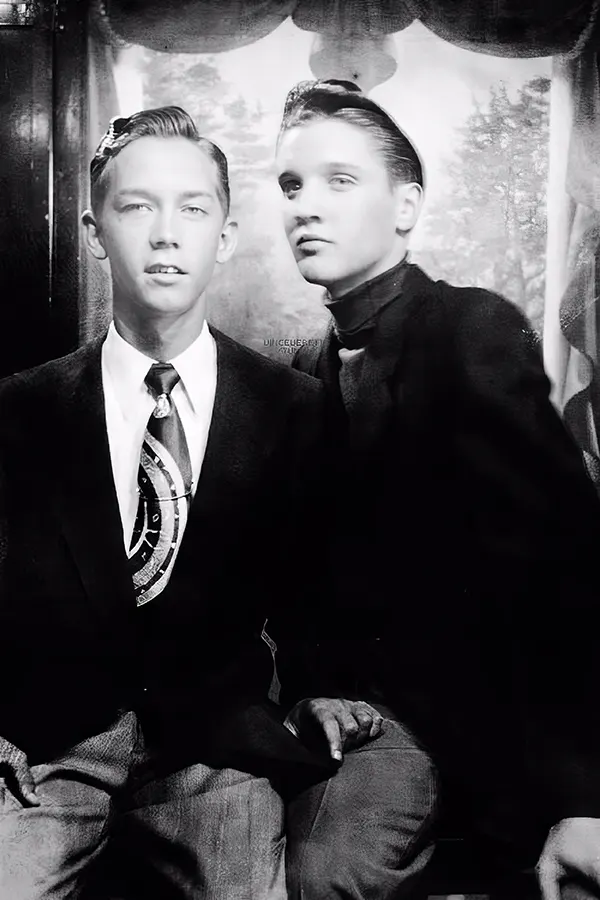

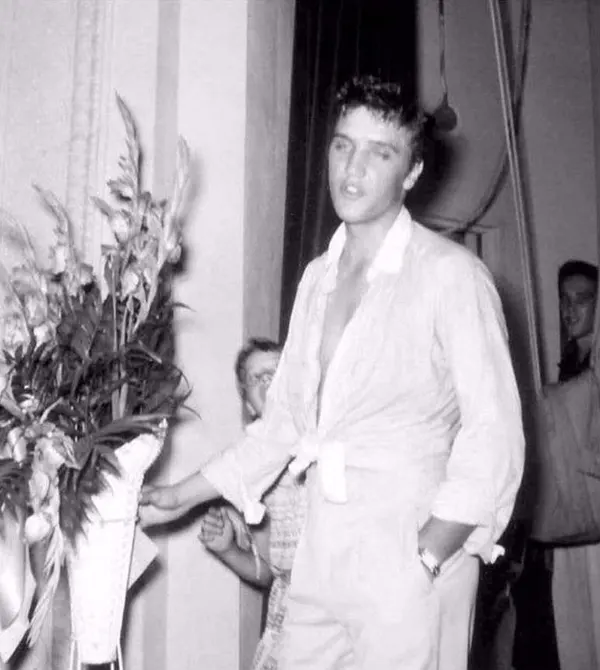
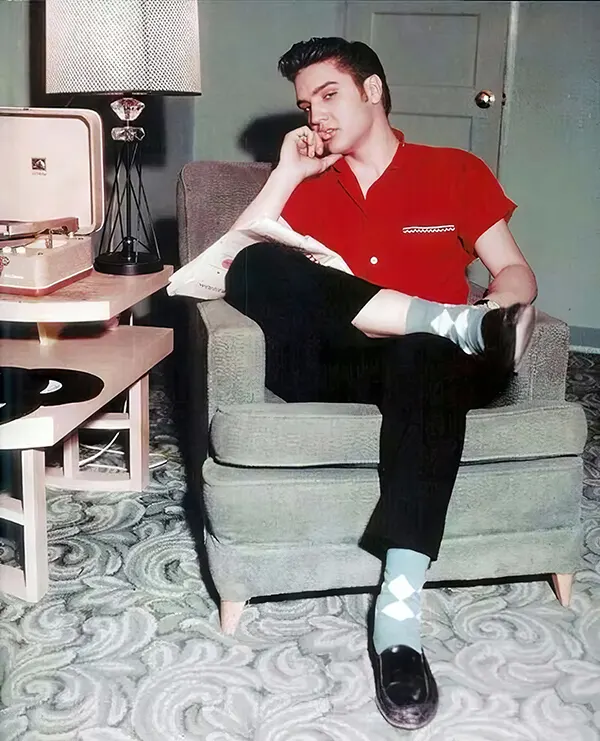
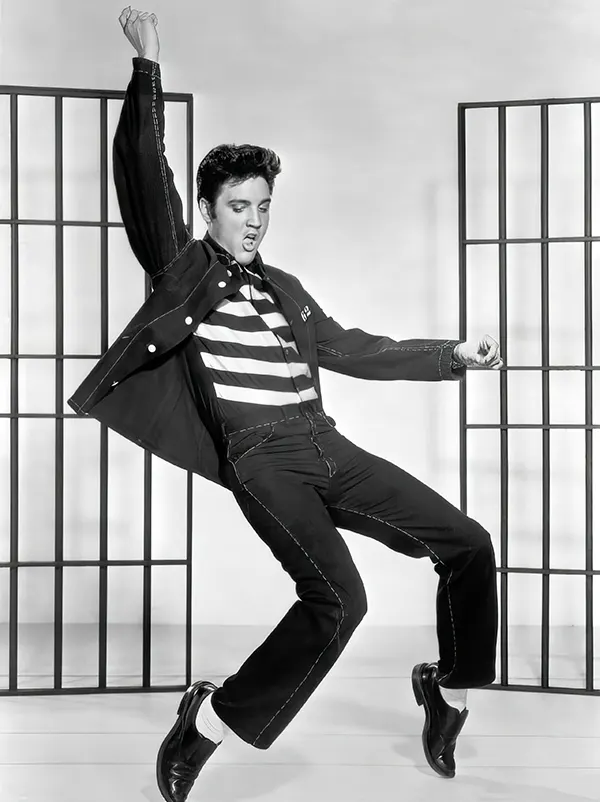
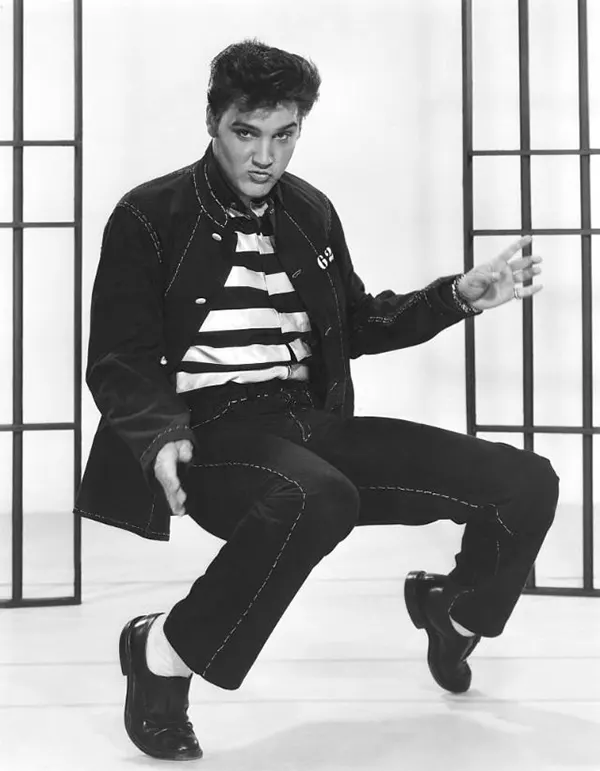
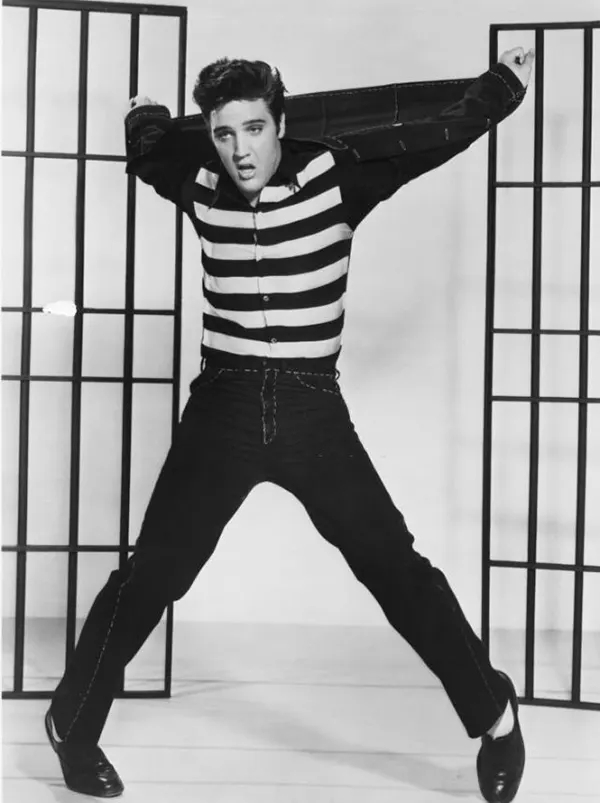
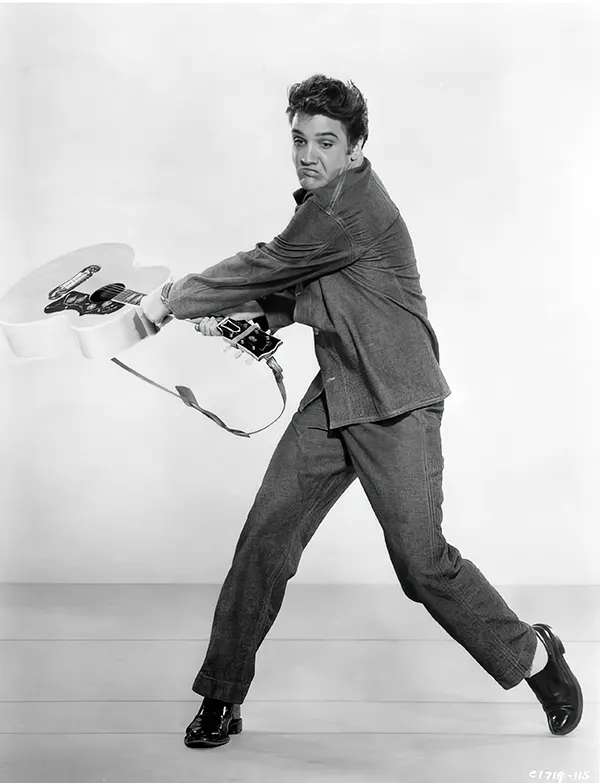
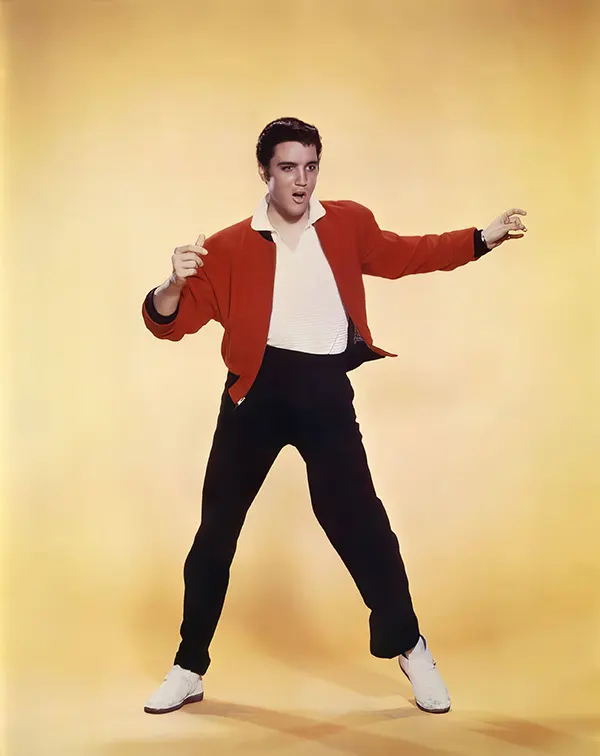
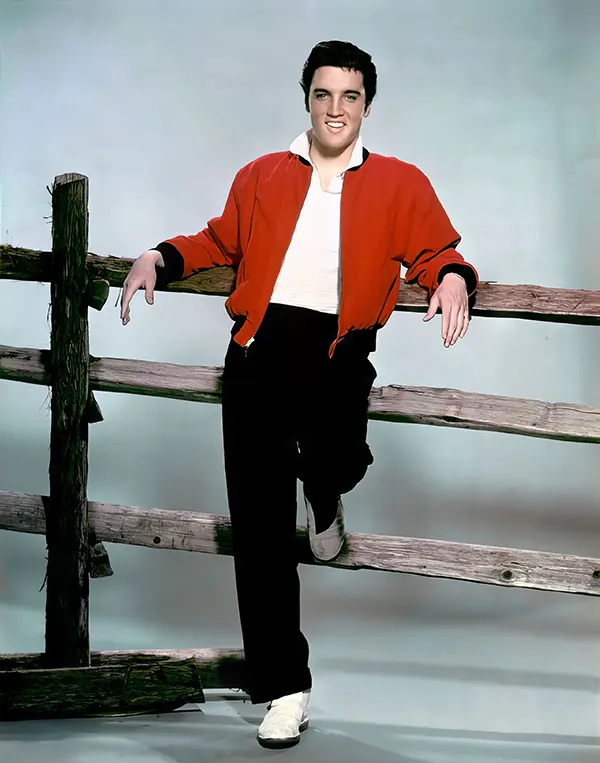
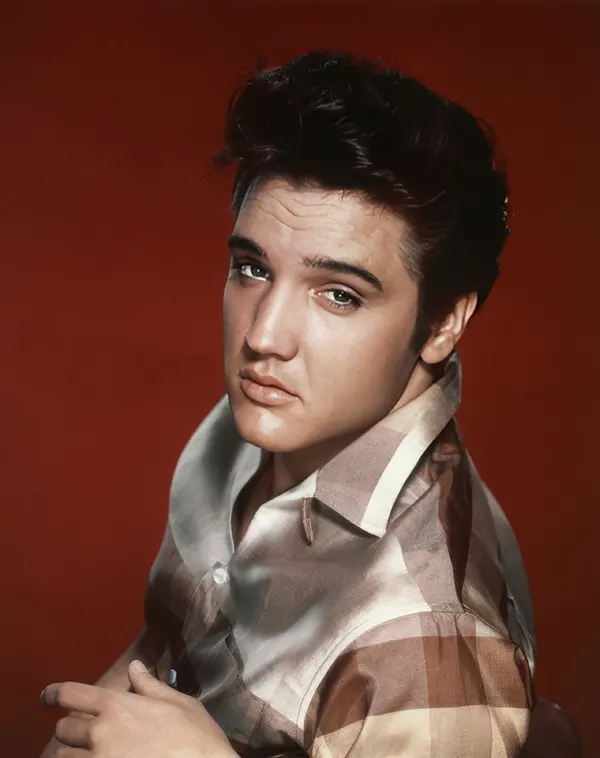
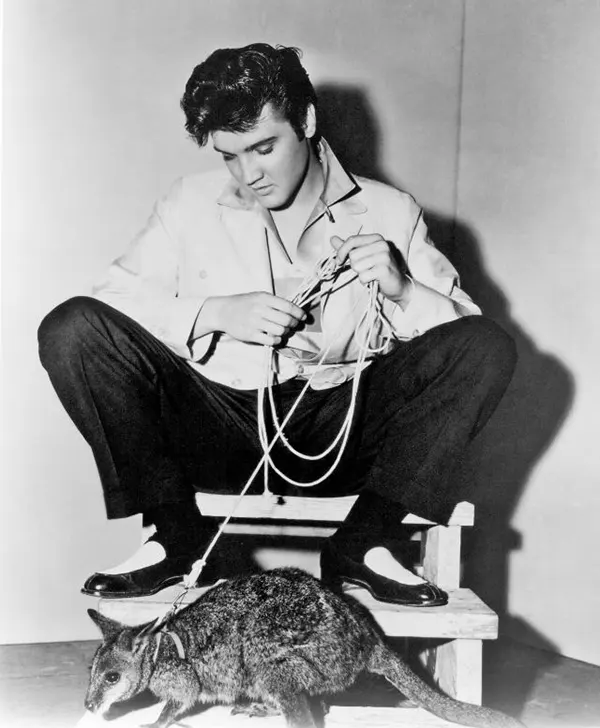
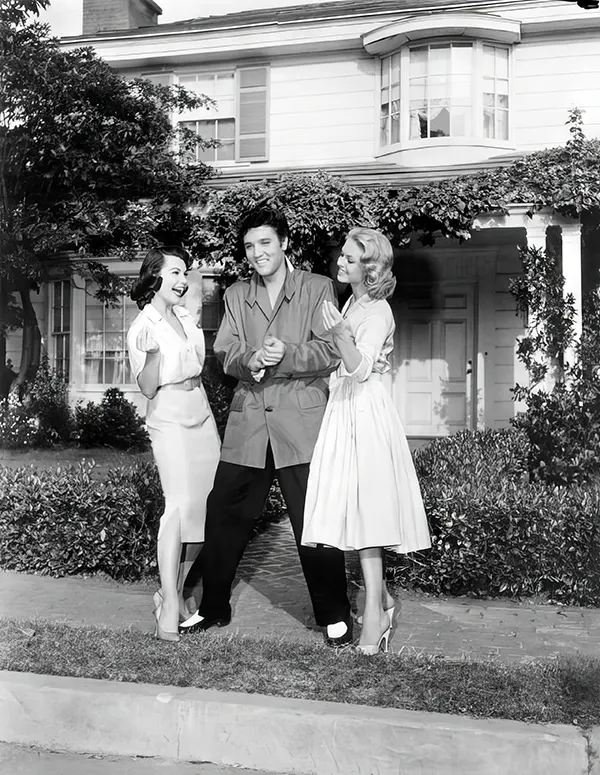
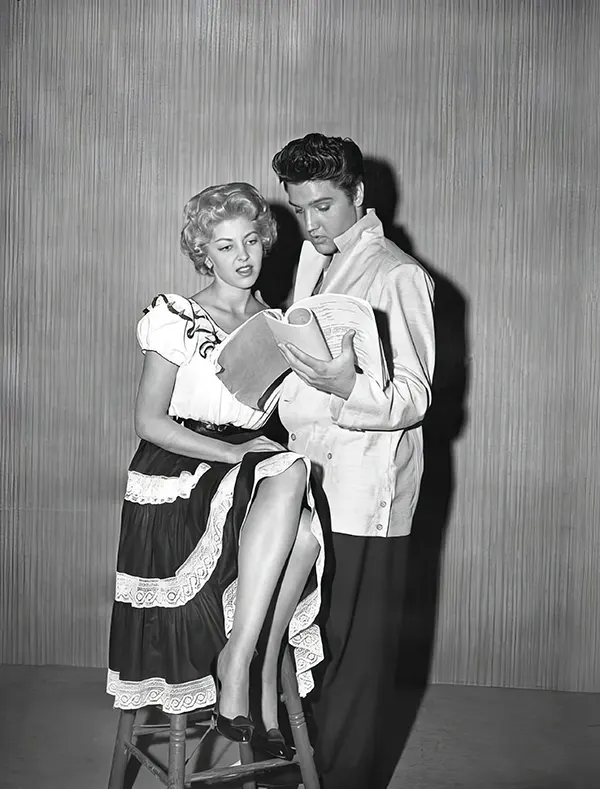
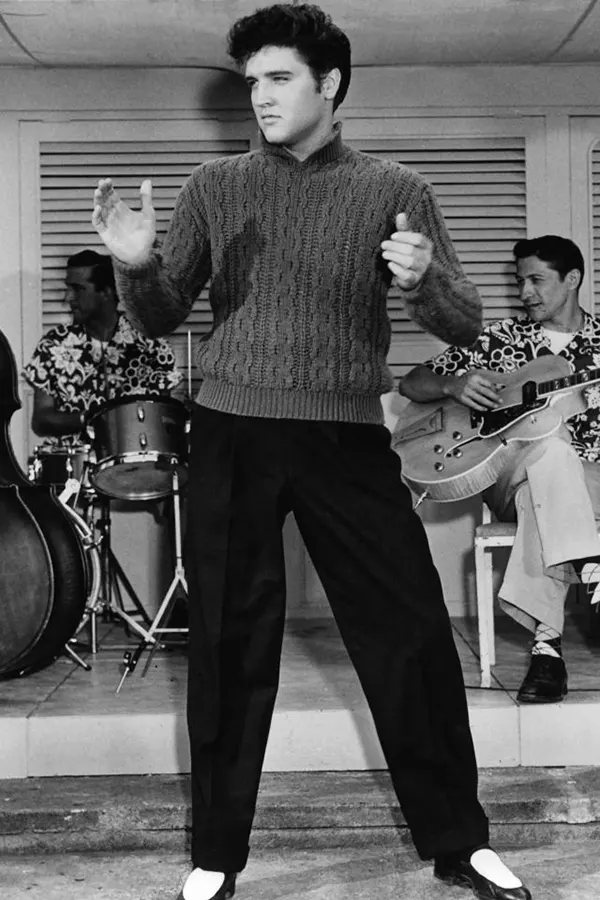
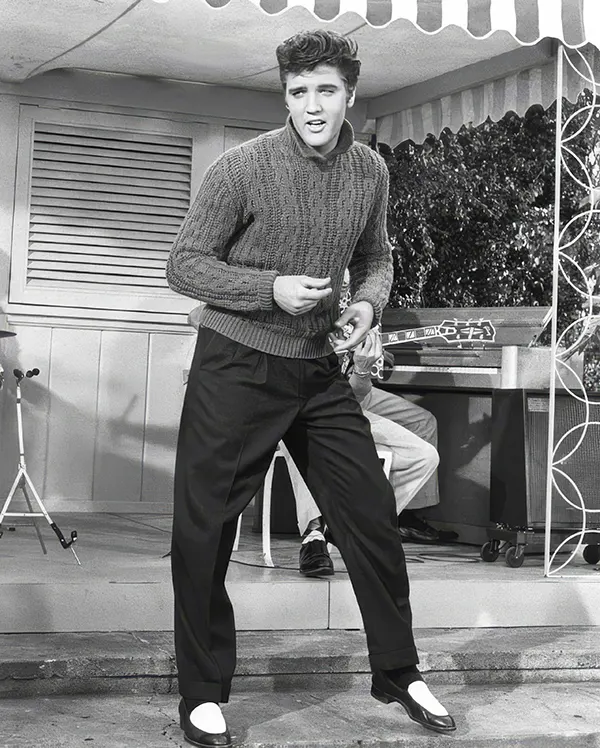
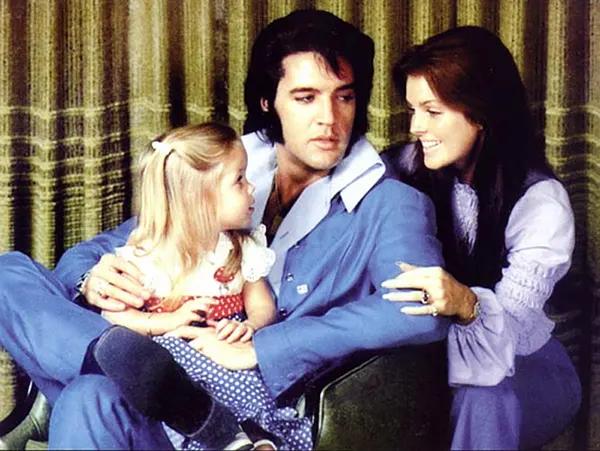
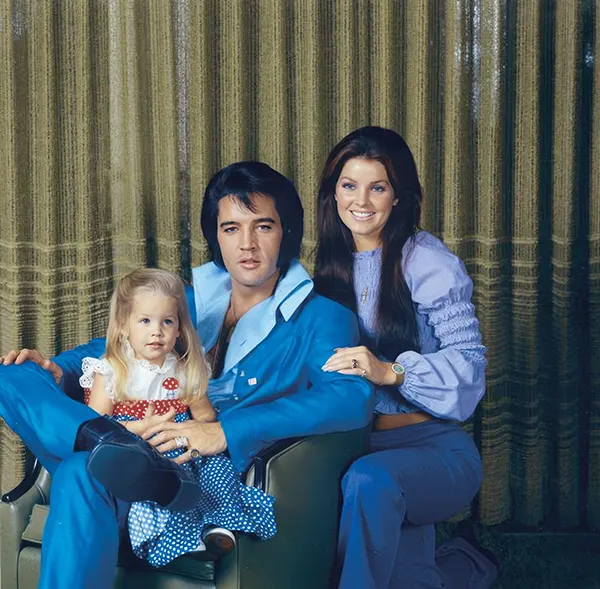
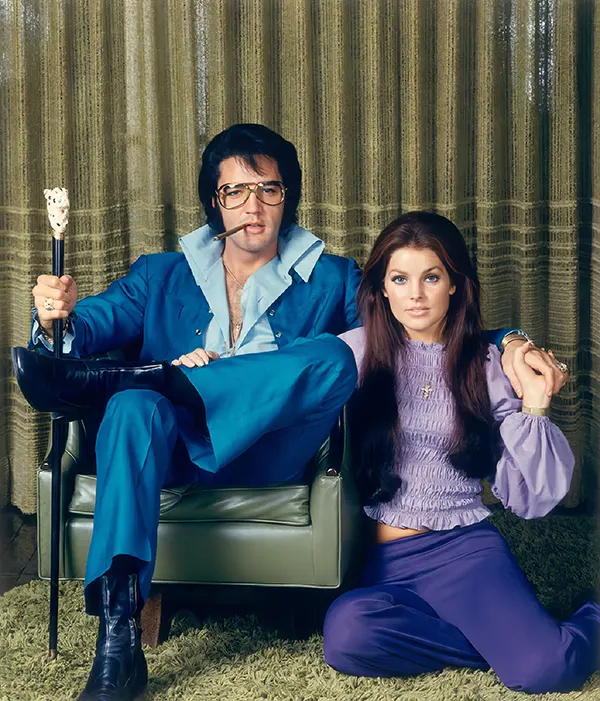
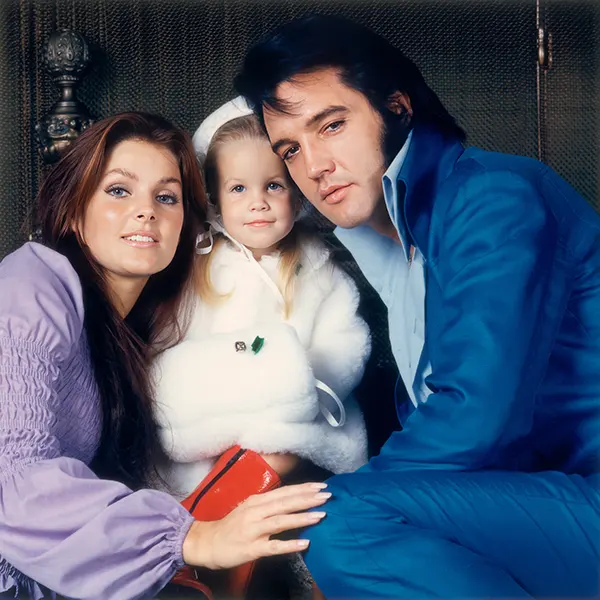
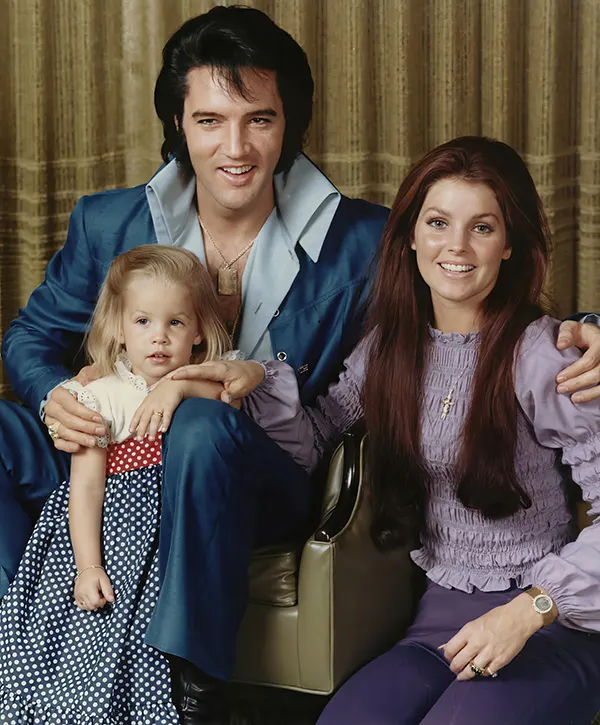
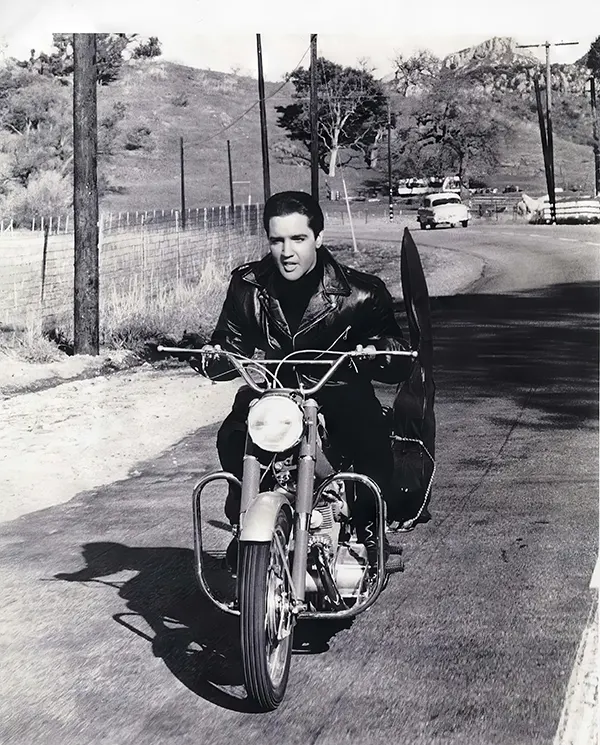
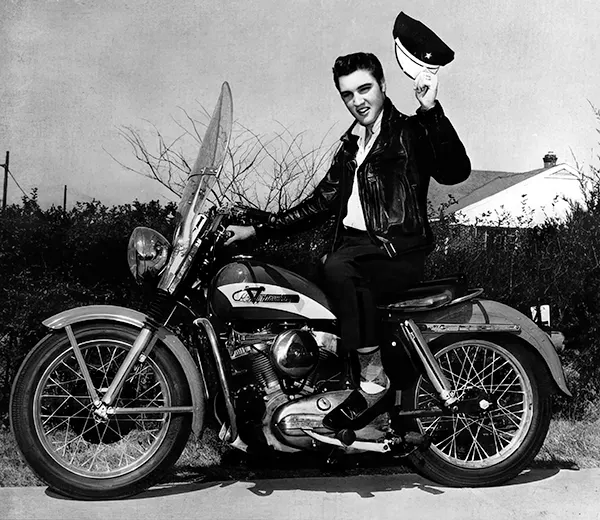
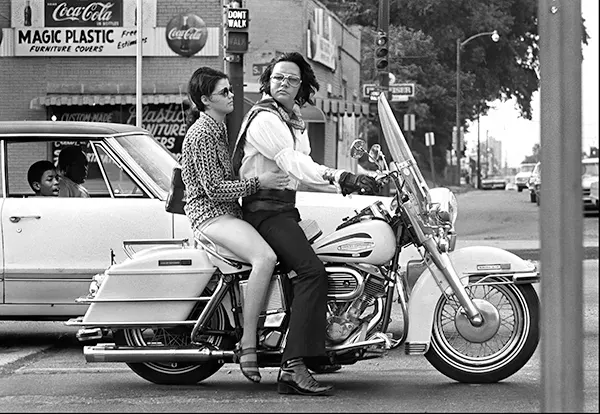
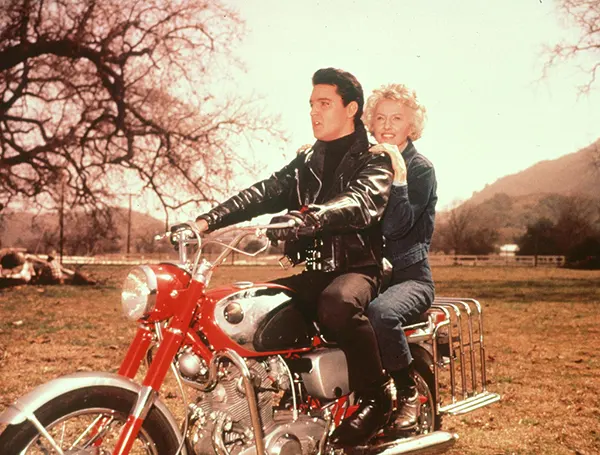
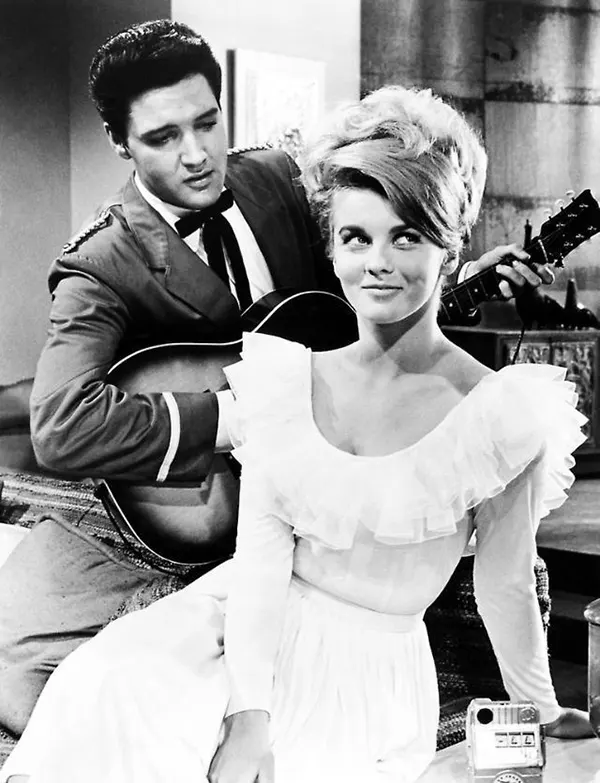
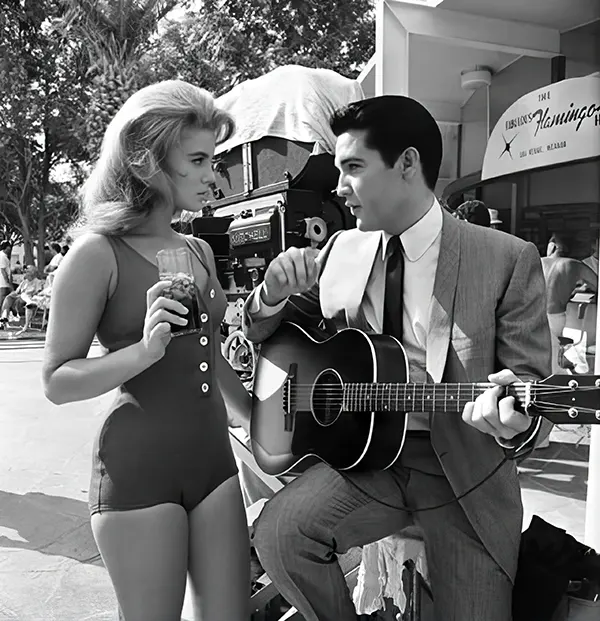
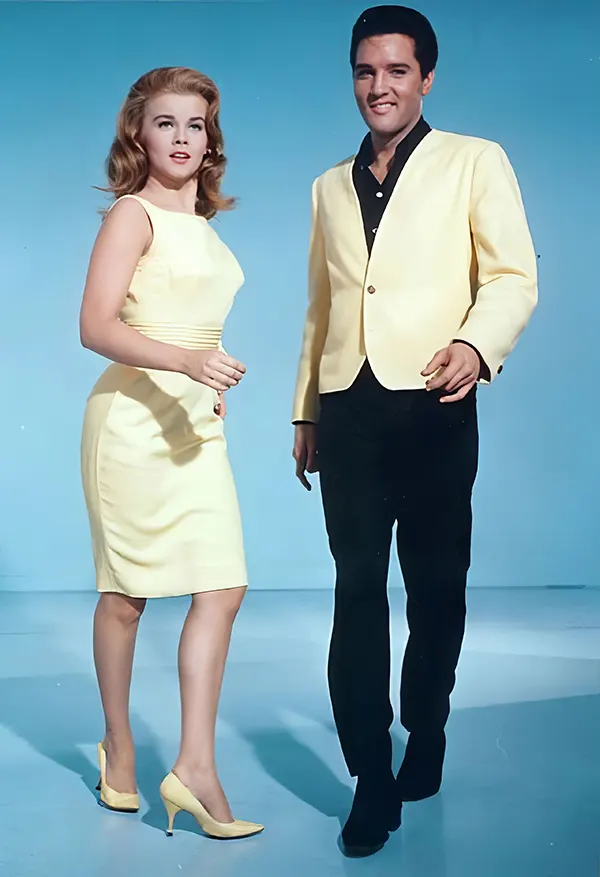

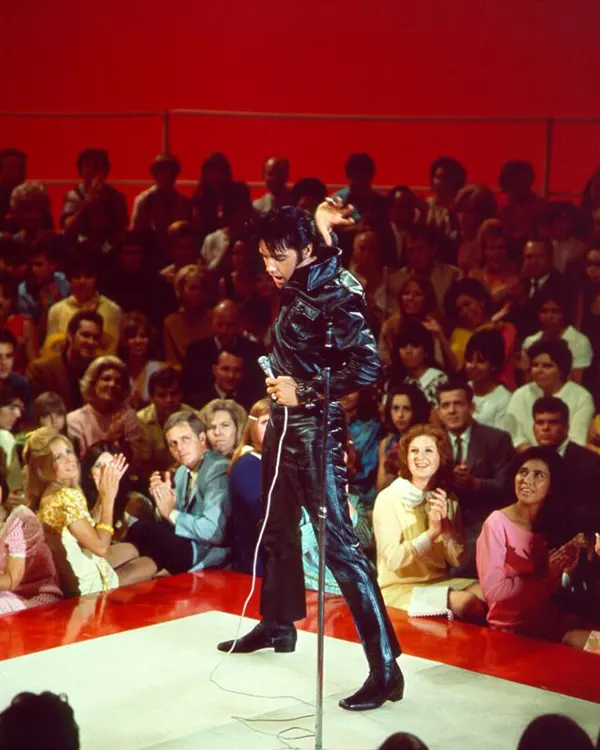

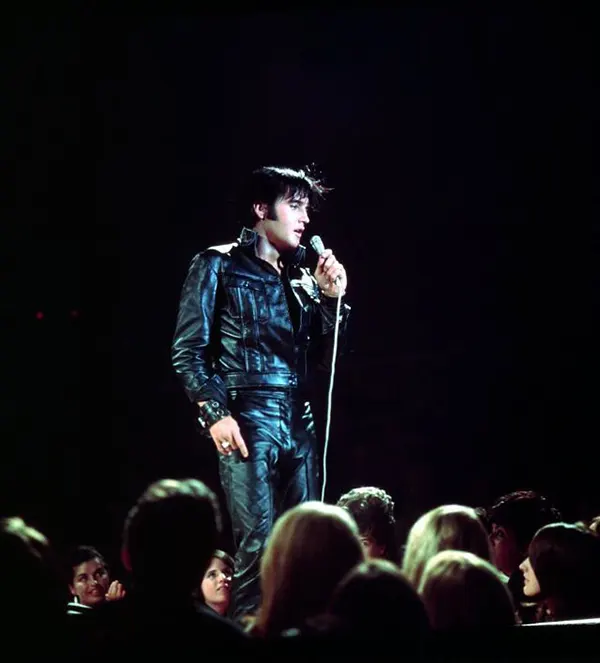
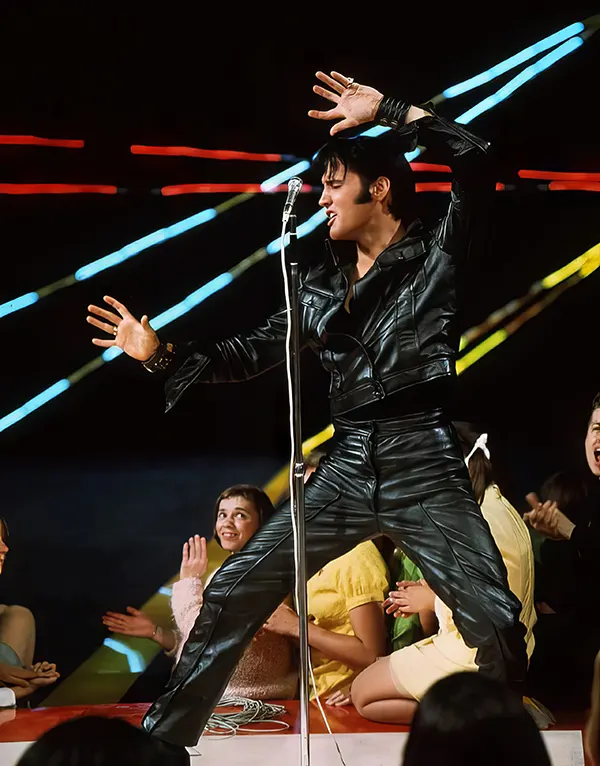
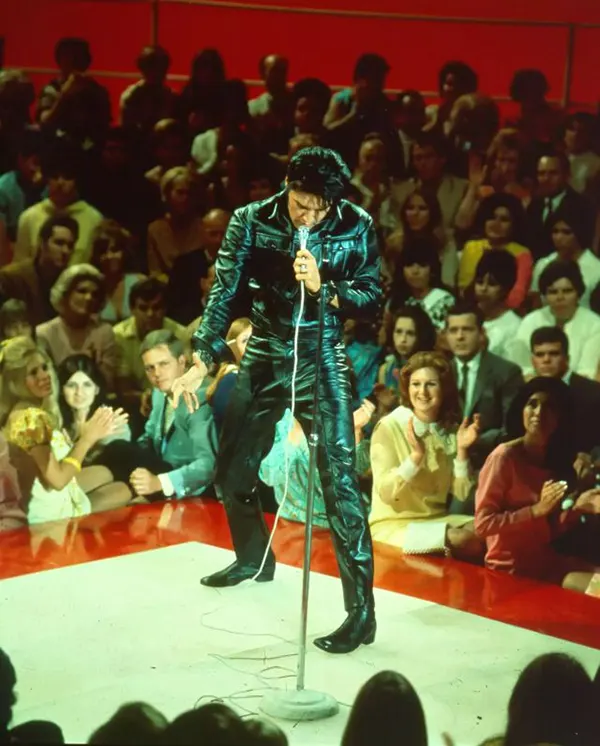
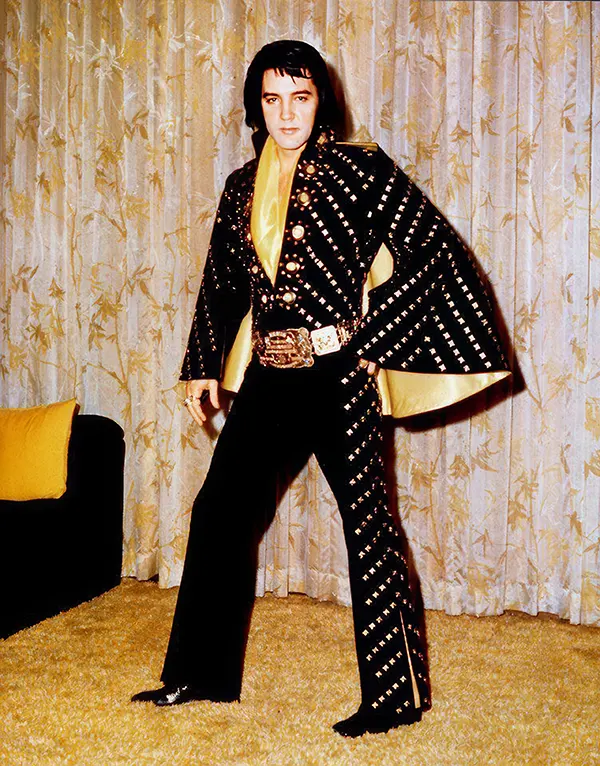
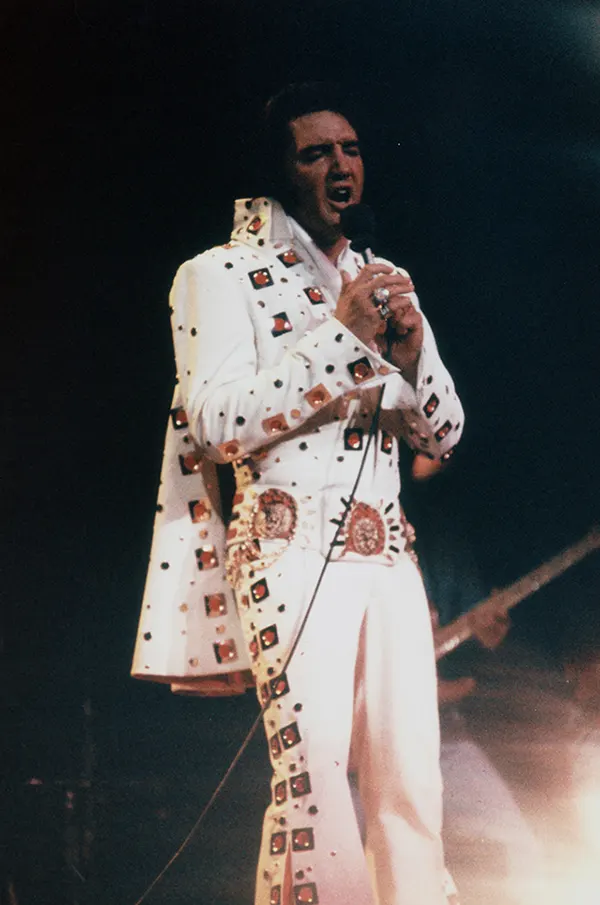
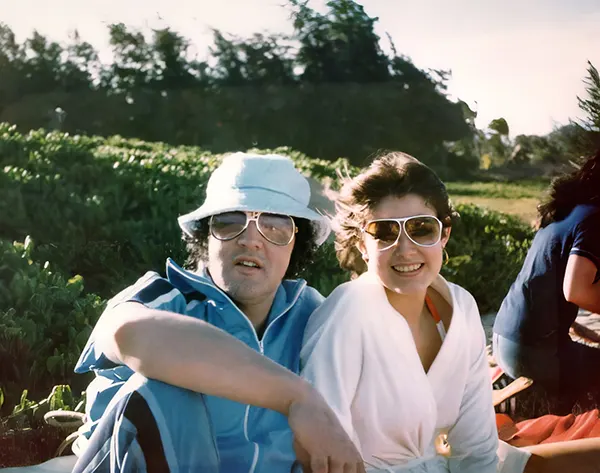
The area of popular music was revolutionised and the larger panorama of popular culture was greatly changed by Presley’s ascent to national consciousness in 1956.
He was crucial not only in defining rock & roll as a musical genre but also in turning it into a benchmark of young culture and rebellious attitude, acting as the spark for the cultural revolution.
Presley’s frequent validation of its mixed racial roots helped rock and roll’s key role in mainstream American society to foster a new respect and acceptance of black culture.
Little Richard remarked of Presley in this respect: “He was an integrator.” Elvis proved to be a godsend. They refused to let black music through. He made room for black music. Al Green said: “He broke the ice for all of us.”
“His music and his personality, fusing the styles of white country and black rhythm and blues, permanently changed the face of American popular culture,” President Jimmy Carter said in 1977.
Presley also praised the greatly increased profile of celebrities in the age of mass communication: he became one of the most well-known individuals on the planet within a year of his first appearance on American network television.
(Photo credit: Wikimedia Commons / Pinterest / Britannica / Flickr).


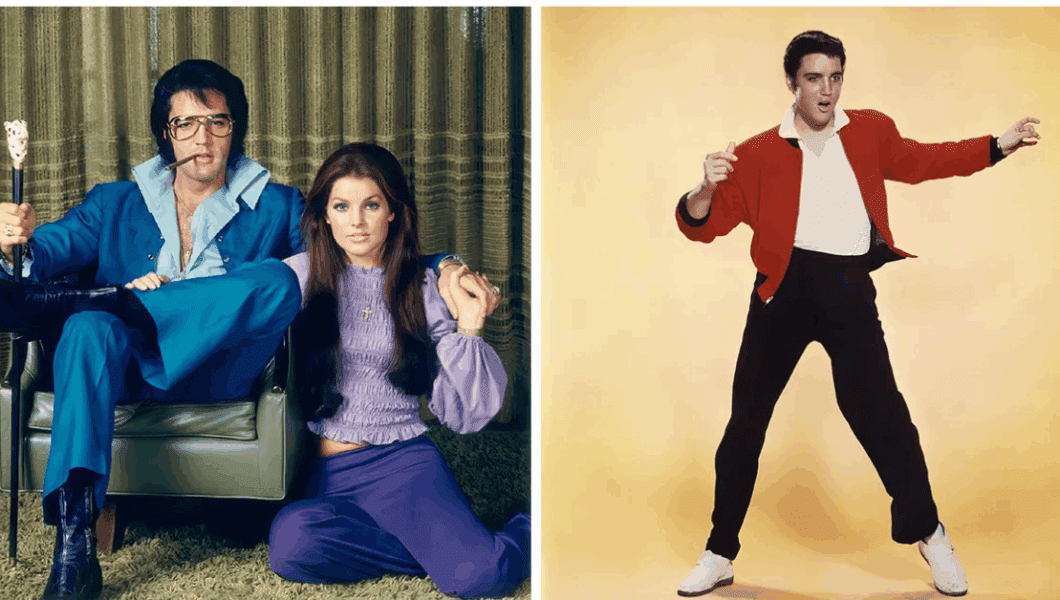

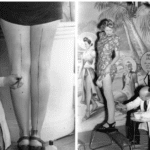



No Comments